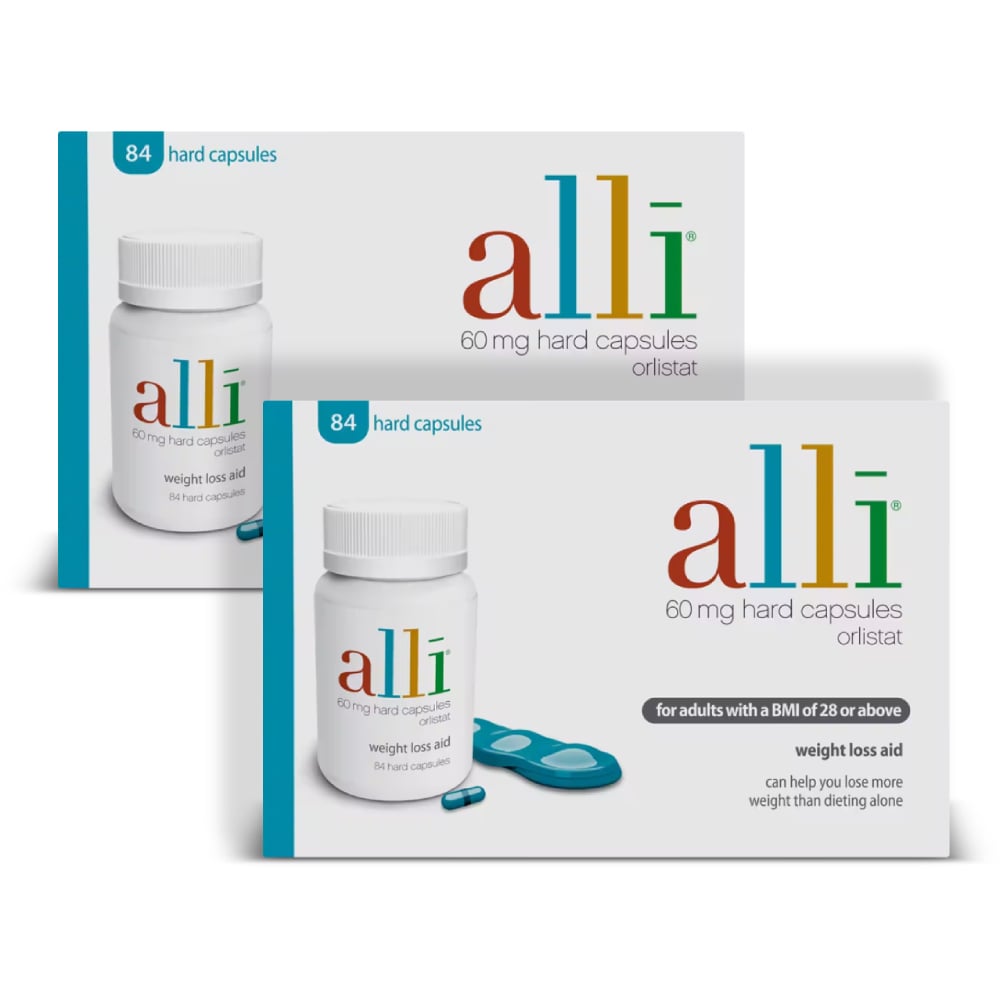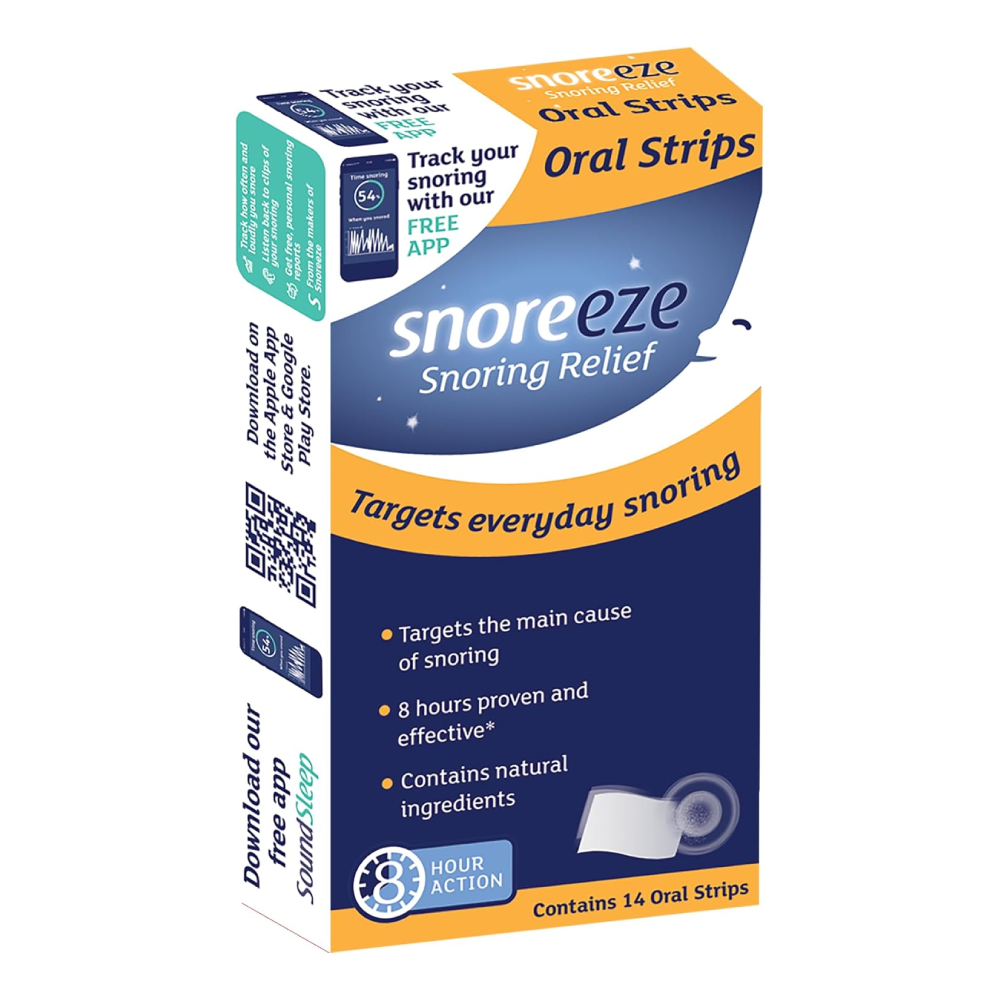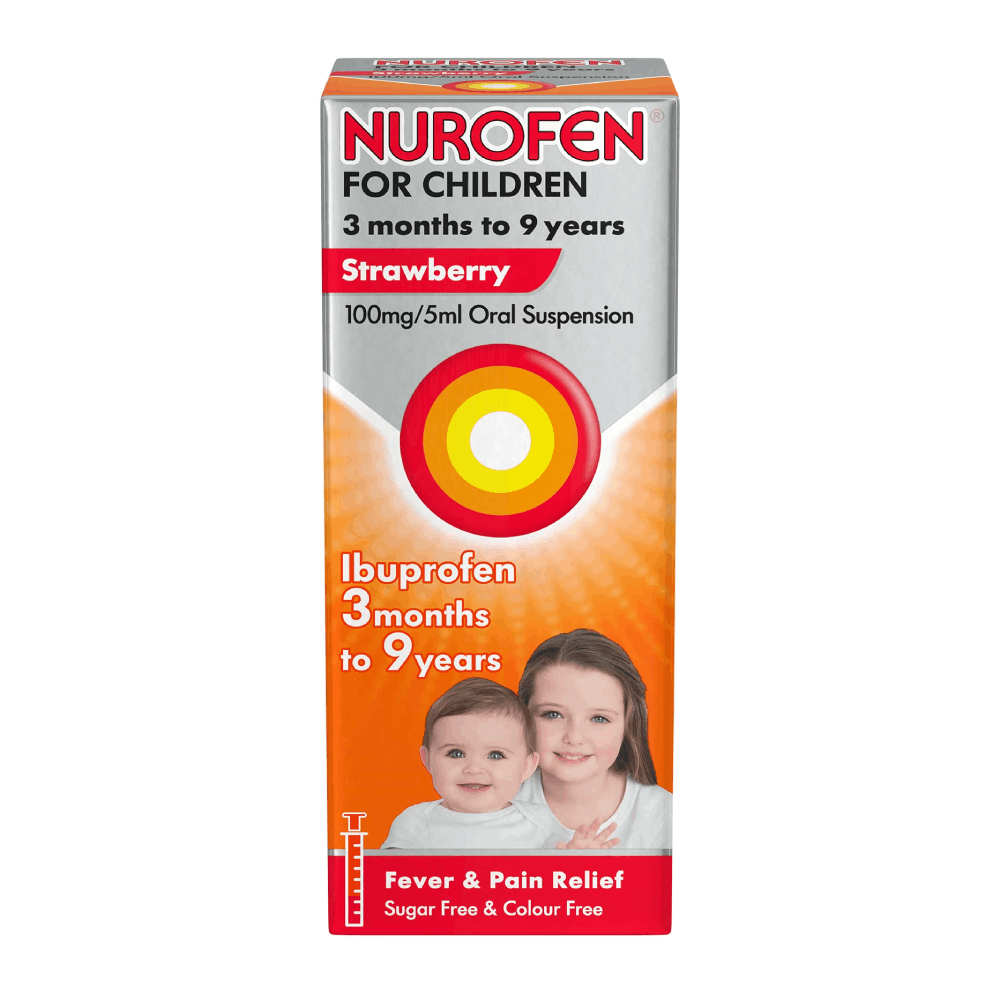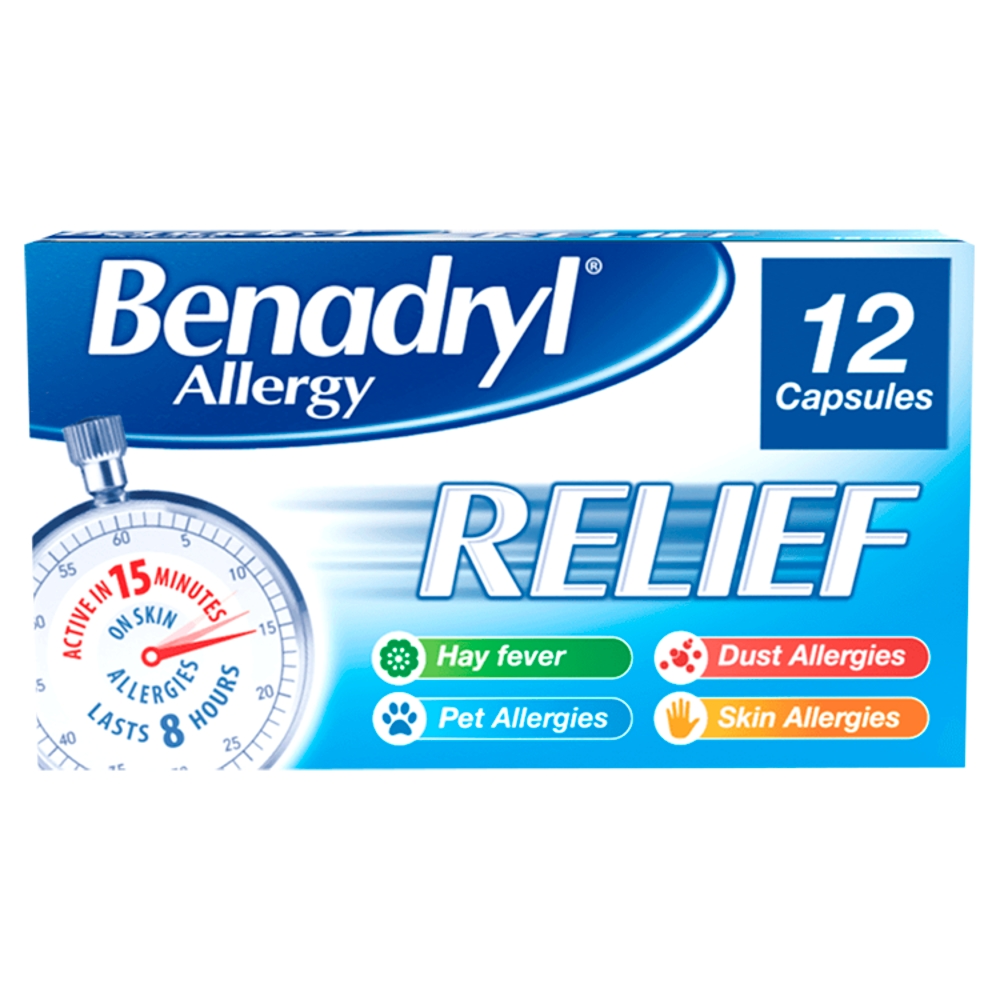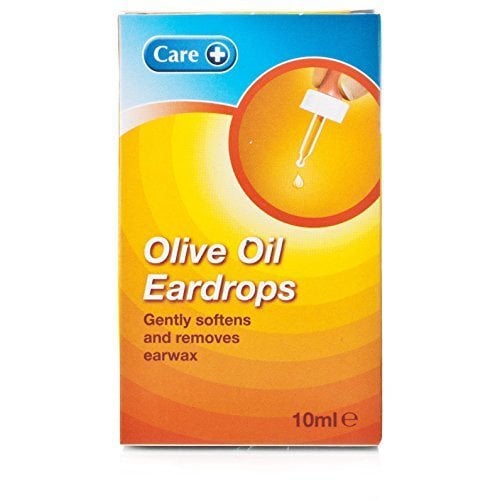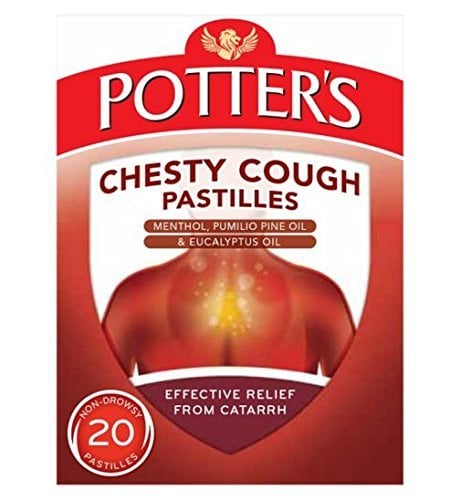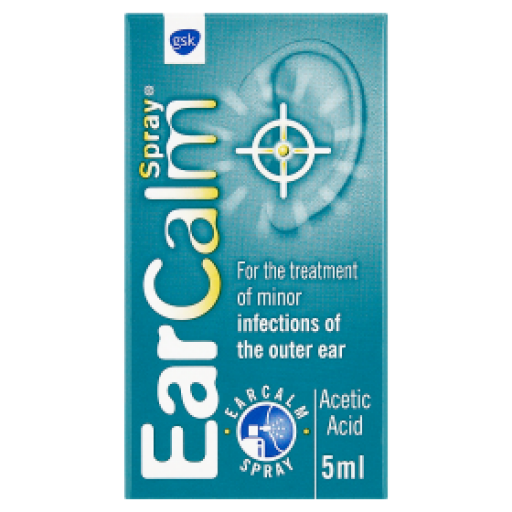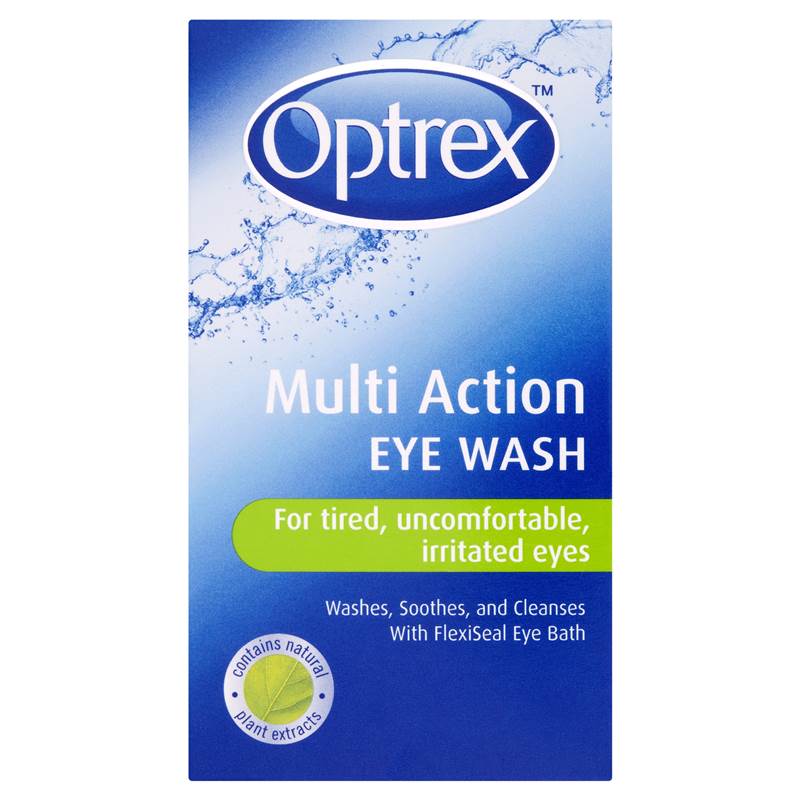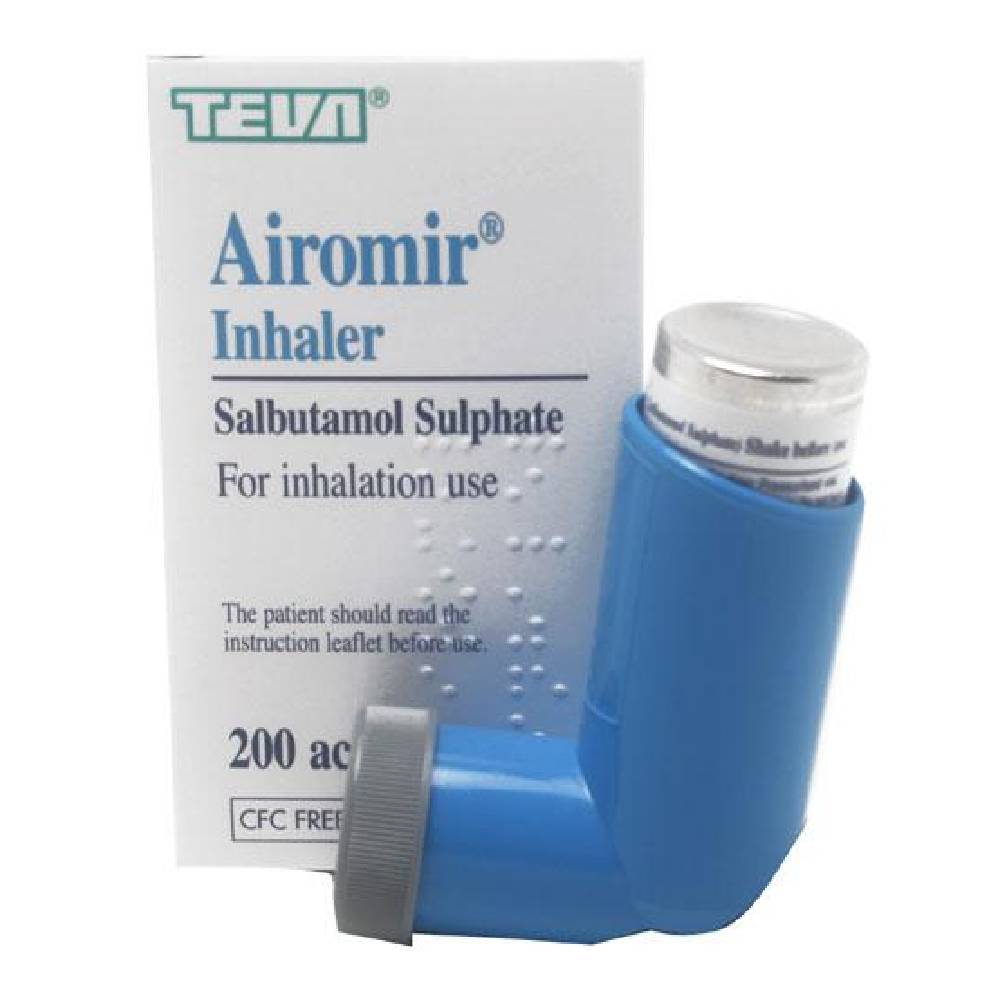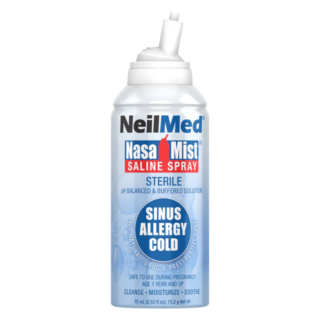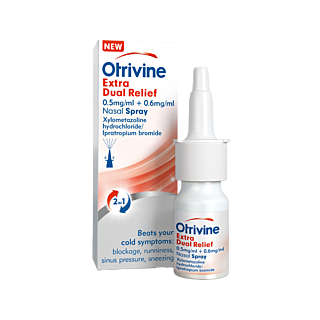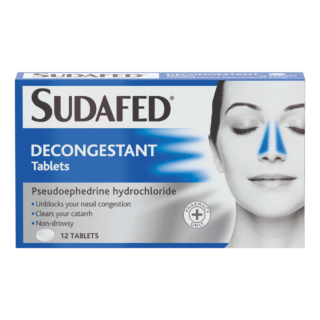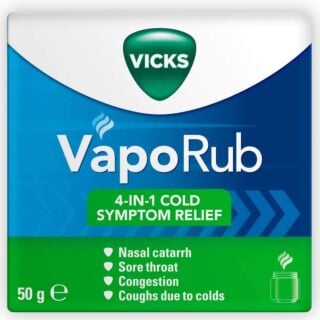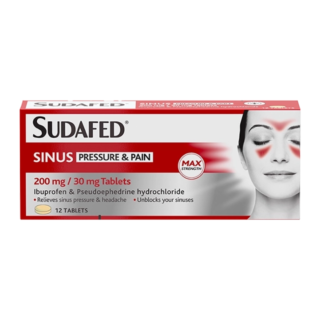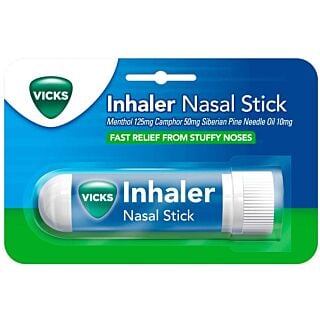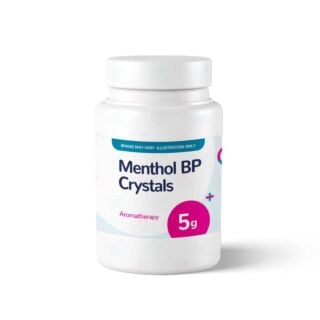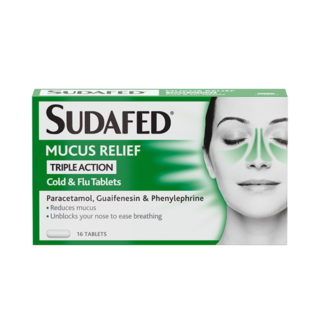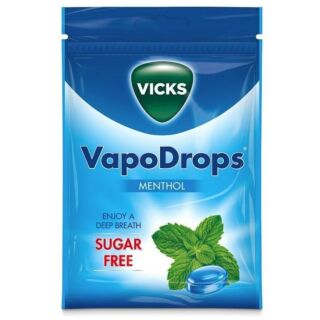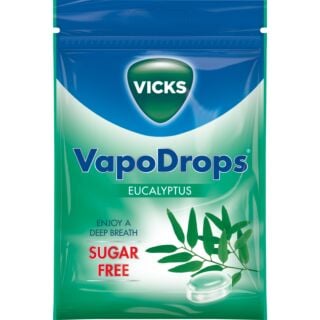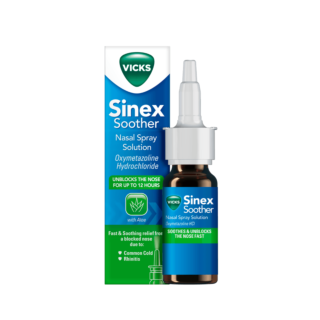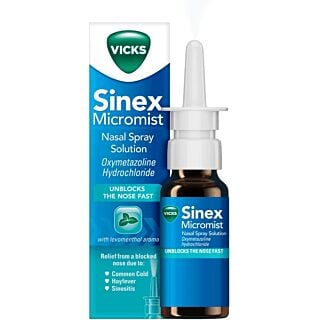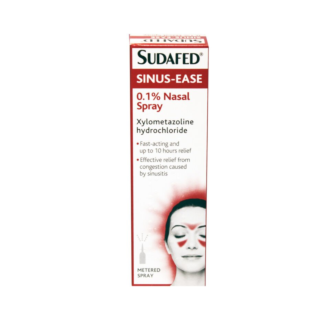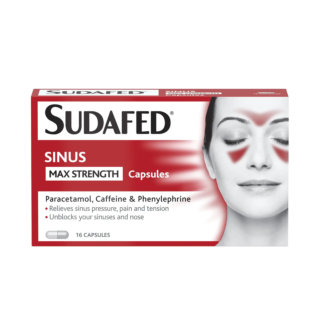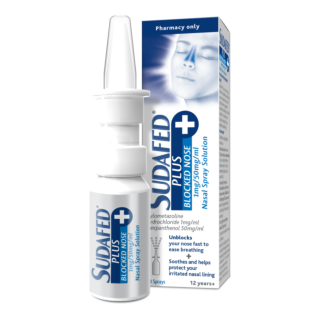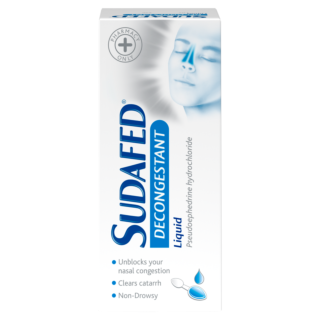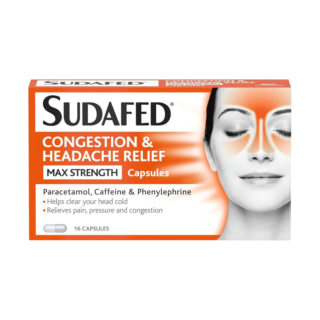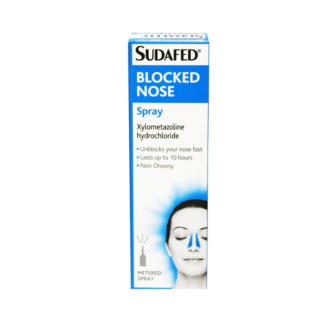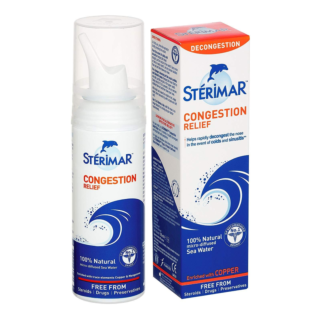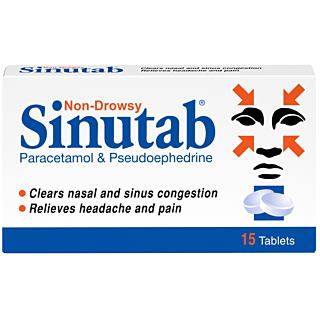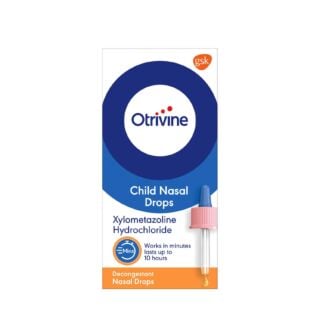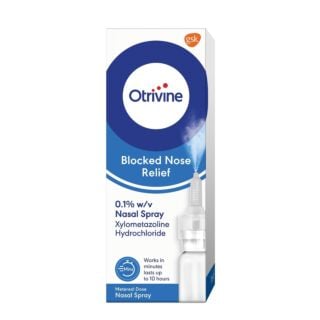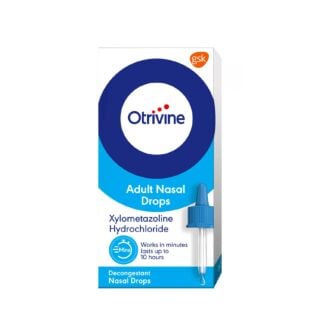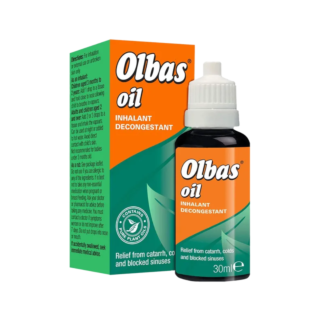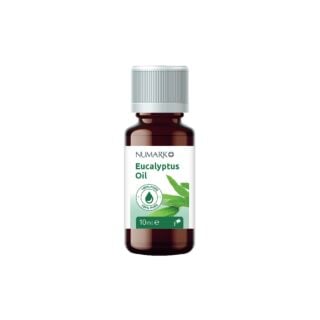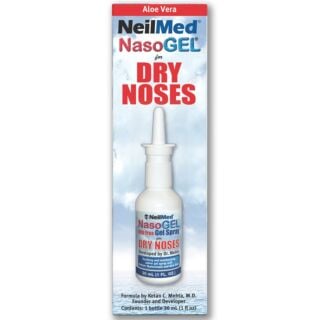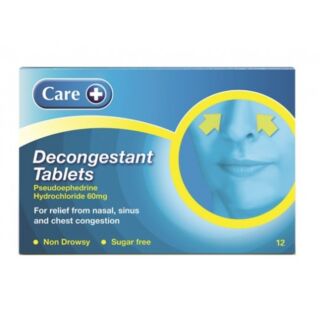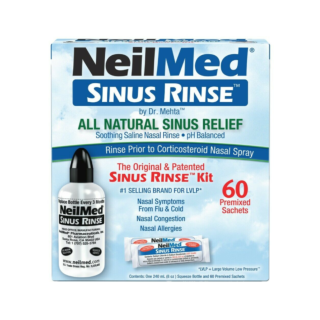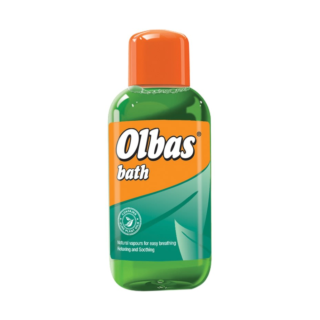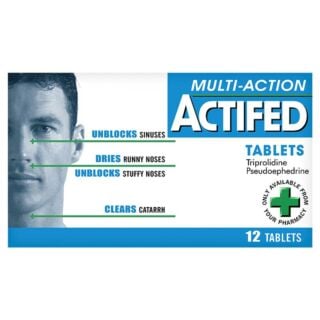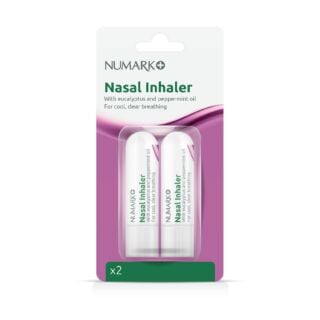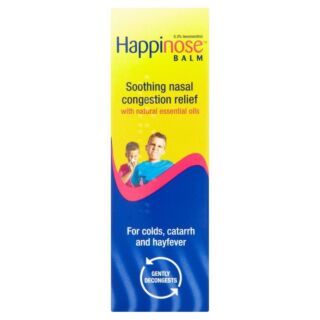Nasal Congestion
Feeling bunged up? Whether it’s caused by a cold, hay fever or allergies - nasal congestion can make it harder to breathe get on with your day. … Read More See less
That blocked-up feeling happens when the blood vessels inside your nose become inflamed or irritated, leading to swelling and a build-up of mucus. Luckily, there are plenty of ways to clear your nose and ease that stuffy feeling so you can breathe a little easier.
What is nasal congestion
Nasal congestion happens when the tissues lining your nose become swollen, often due to inflammation or a build-up of mucus.
This can make your nose feel blocked or stuffy and you might find it harder to breathe through it.
It’s a common symptom of colds and sinus infections, and while it’s usually harmless, it can be uncomfortable and frustrating - especially when it lingers or, worse still, affects your sleep.
What causes nasal congestion?
There are a few common reasons why your nose might feel blocked or stuffed up.
Nasal congestion usually happens when something irritates the lining of your nose, causing it to swell or produce more mucus than usual. Some of the most common causes include:
- Colds and flu – Viral infections are one of the biggest culprits behind a blocked nose
- Hay fever and allergies (allergic rhinitis) – Pollen, dust or pet hair can trigger inflammation in your nasal passages
- Non-allergic rhinitis – Triggers such as smoke, strong smells, pollution or changes in weather can cause longer-term nasal congestion symptoms
- Sinus infections – Conditions like sinusitis can lead to pressure, congestion and pain in the face
- Hormonal changes – Pregnancy or hormonal conditions can cause nasal swelling
- Certain medications – Some medicines, including decongestant sprays when overused, can actually make congestion worse over time
Knowing what causes nasal congestion can help you choose the right treatment - whether that’s a quick-relief spray or something longer lasting.
Symptoms of nasal congestion
Nasal congestion doesn’t always come alone - it often brings a few other symptoms along for the ride.
These can vary depending on the cause, but here are some of the more common things you might notice when your nose is blocked:
Stuffy nose
This is the most obvious symptom of nasal congestion. You may feel like your nose is full or clogged, making it harder to breathe through - especially on one side.
Runny nose
Excess mucus can cause your nose to drip or run, which often happens alongside congestion.
Pressure or fullness in the face
Swollen nasal passages or blocked sinuses can lead to a feeling of pressure around your cheeks, behind your eyes or across your forehead.
Difficulty sleeping
A stuffy nose can make it harder to breathe comfortably at night which might bring on snoring or a dry throat in the morning.
Reduced sense of smell or taste
When your nose is blocked, smells and tastes may seem dull or gone altogether.
Sneezing or itching
If your congestion is related to an allergy, you might also experience sneezing or watery eyes.
Diagnosis of nasal congestion
Nasal congestion is usually easy to identify based on how you feel, so a formal diagnosis isn’t usually needed.
If your symptoms stick around for more than a couple of weeks or they don’t respond to treatment then it’s a good idea to speak to your GP or pharmacist.
They’ll ask you about your symptoms, medical history and any possible triggers like allergies or past sinus issues.
They may also suggest further tests if they feel it’s needed to rule out underlying conditions.
How to clear nasal congestion
There are several ways to help clear a blocked nose depending on what’s causing it and how long it’s been bothering you.
Here are some popular ways to relieve nasal congestion:
Decongestant nasal sprays
These work by shrinking swollen blood vessels in your nose to help you breathe more easily.
They offer fast relief and are ideal for short-term use, usually up to 7 days. Options include:
- Sudafed Blocked Nose Spray
- Otrivine Adult Nasal Spray
- Snufflebabe Nasal Spray - suitable for babies and young children
Decongestant tablets
These help relieve congestion by reducing swelling in the nasal passages. They can be a good option if your blocked nose comes with cold or flu symptoms. Try:
- Sudafed Decongestant Tablets
- Actifed Tablets - often combined with antihistamines for allergy-related congestion
Steam inhalation
Breathing in steam can help loosen mucus and reduce inflammation. Try adding menthol or eucalyptus oils for an extra soothing effect.
Saline nasal sprays or rinses
These can flush out dust and mucus without medication - making them generally safe for long-term or daily use.
Antihistamines
If your congestion is triggered by allergies like hay fever or pet hair, antihistamines such as Piriton can help reduce inflammation.
Nasal congestion at night: what you can do
A blocked nose can feel even worse when you're trying to sleep. Lying down can make congestion feel heavier and breathing with difficulty all night isn’t exactly restful.
The good news is, a few simple changes can make a big difference. Here’s how to ease nasal congestion at night in five easy steps:
- Try a decongestant spray before bed
Using a decongestant nasal spray can help open up your airways so you can breathe more easily while you sleep. Just be sure to use it for no more than 7 days to avoid making congestion worse. - Keep your head slightly raised
Sleeping with an extra pillow and raising your head in bed can help drain mucus and reduce that blocked-up feeling when you lie down. - Use a humidifier in your bedroom
Dry air can irritate your nose and make congestion worse. A humidifier adds moisture to the air and can help keep your nasal passages comfortable overnight. - Rinse with a saline spray
Saline sprays can clear out mucus and allergens helping you to breathe more freely before bed without the use of medication. - Tackle your triggers
If allergies are to blame then try to keep pets out of the bedroom, wash your bedding regularly and keep windows closed, especially during high pollen days.
When to speak to a doctor about nasal congestion
Most cases of nasal congestion clear up on their own or with the help of over-the-counter treatments. But if your symptoms are any of the following, speak to your GP:
- Last longer than 2 weeks
- Keep coming back
- Include a bloody nose
- Present yellow or green mucus
- Include a high fever
- Are affecting your sleep or daily life
Sources
- https://my.clevelandclinic.org/health/diseases/17980-nasal-congestion
- https://www.topdoctors.co.uk/medical-articles/top-6-causes-of-blocked-nose/
- https://my.clevelandclinic.org/health/diseases/pregnancy-rhinitis
- https://www.webmd.com/allergies/sinus-congestion
- https://www.nhs.uk/medicines/decongestants
- https://www.verywellhealth.com/saline-spray-snoring-allergies-3015306
- https://www.sleepfoundation.org/physical-health/treatment-for-blocked-nose-at-night

Free delivery when you spend over £30

100% discreet delivery for every item ordered

Fully regulated UK pharmacy
Can you take a decongestant while pregnant?
Decongestants are typically safe to use during pregnancy as they don’t contain enough medicine to harm the baby.
However, nasal decongestants tend to be safer as the product is absorbed within the nose and does not spread to the rest of the body.
The short-term use of a decongestant should be fine but always speak to your doctor or pharmacist beforehand to ensure that it’s safe for you and your baby.
How do decongestants work?
A decongestant clears up congestion, helping you to breathe easier.
Congestion is caused when the blood vessels in your nose dilate, causing inflammation and discomfort.
Decongestant treatments help to narrow these blood vessels, and with the swelling reduced, it allows more air to pass through and the mucus to drain, providing relief for cold and flu symptoms.
How do you use a nasal spray?
Before you start, wash your hands to avoid contaminating the area, then shake the bottle if needed.
You’ll want to close off the nostril that doesn’t need treatment by pressing down.
Gently insert the nose of the bottle into the nostril that needs treatment and take a deep breath through the nose as you gently squeeze the bottle.
Remove the bottle, sniff, and repeat if necessary, but wait at least 10 seconds between sprays.
How do nasal drops relieve congestion?
Nasal drops can be used to relieve the uncomfortable symptoms of congestion, caused by conditions such as the common cold, hay fever, allergies and sinusitis.
It works by narrowing and shrinking the blood vessels and tissues in the nose, so your nose will be less swollen and congested, enabling you to breathe easier.

